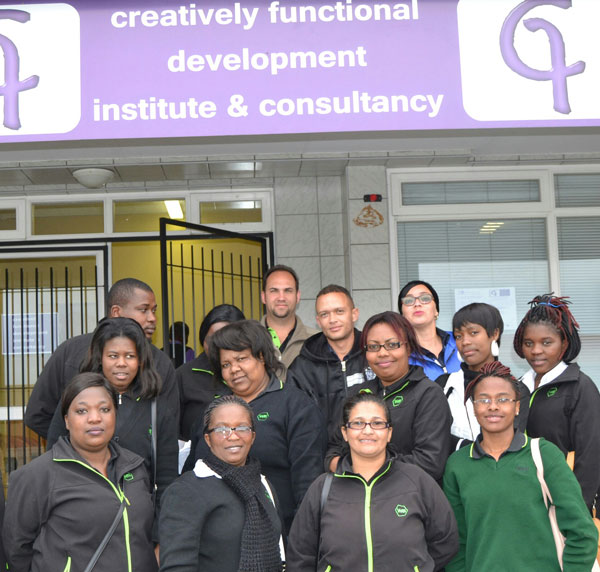
Education a top priority for government
The government is concerned about the level of performance in the country’s education sector, and has resorted to improve the capacity of teachers to assist learners to perform better in the vital disciplines such as languages, mathematics and science subjects.
During his State of the Nation address earlier this week, President Hifikepunye Pohamba said the government has placed emphasis on the need for human resources development and capacity building especially in the sectors of education, health and housing.
He said the government has finalized the National Human Resource Plan, which projects skills requirements in the country for the next 15 years.
“We must, particularly, lay a strong foundation at the pre-primary and primary school levels so that Namibian students can perform well in the secondary school phase and at tertiary education institutions,” he said.
He further said, as part of the ongoing efforts to expand access to education, the government has allocated funds to schools so that parents of children in public primary schools no longer have to pay money for School Development Funds. Similarly, the provision of stationery has been expanded to all public primary schools around the country.
Pohamba stated that last year, the government commissioned a report on the “Comprehensive and Holistic Review and Reform of the Higher Education System in Namibia in Relation to its Contribution to the Achievement of Vision 2030”.
He also indicated that the government is now developing a suitable funding formula for tertiary education institutions.
“The aim is to place our tertiary education institutions on a strong footing for the achievement of our national vision. During this Financial Year, we will continue to improve our education sector through the timely distribution of textbooks to schools, construction and renovation of school buildings and hostel facilities, and accommodation for teachers across the country,” he said.
In supporting human resources development, the government has increased funding for scholarships and loans for tertiary education. The Namibian Students Financial Assistance Fund reached N$512 million for the 2012/2013 Financial Year, benefiting more than 8,582 students. This includes more than five thousand grants in the priority fields of medicine, science, engineering and related disciplines.
“Vocational Training continues to be at the centre of youth empowerment, capacity building and human resources development plans. In this context, the Namibia Training Authority has developed a strategy to systematically forge closer links with the private sector. Studies will be conducted to document the type of employment secured by graduates of our VTCs,” the President added.
He called upon the private sector to support the Vocational Training Levy and thereby support capacity building in the country.













































